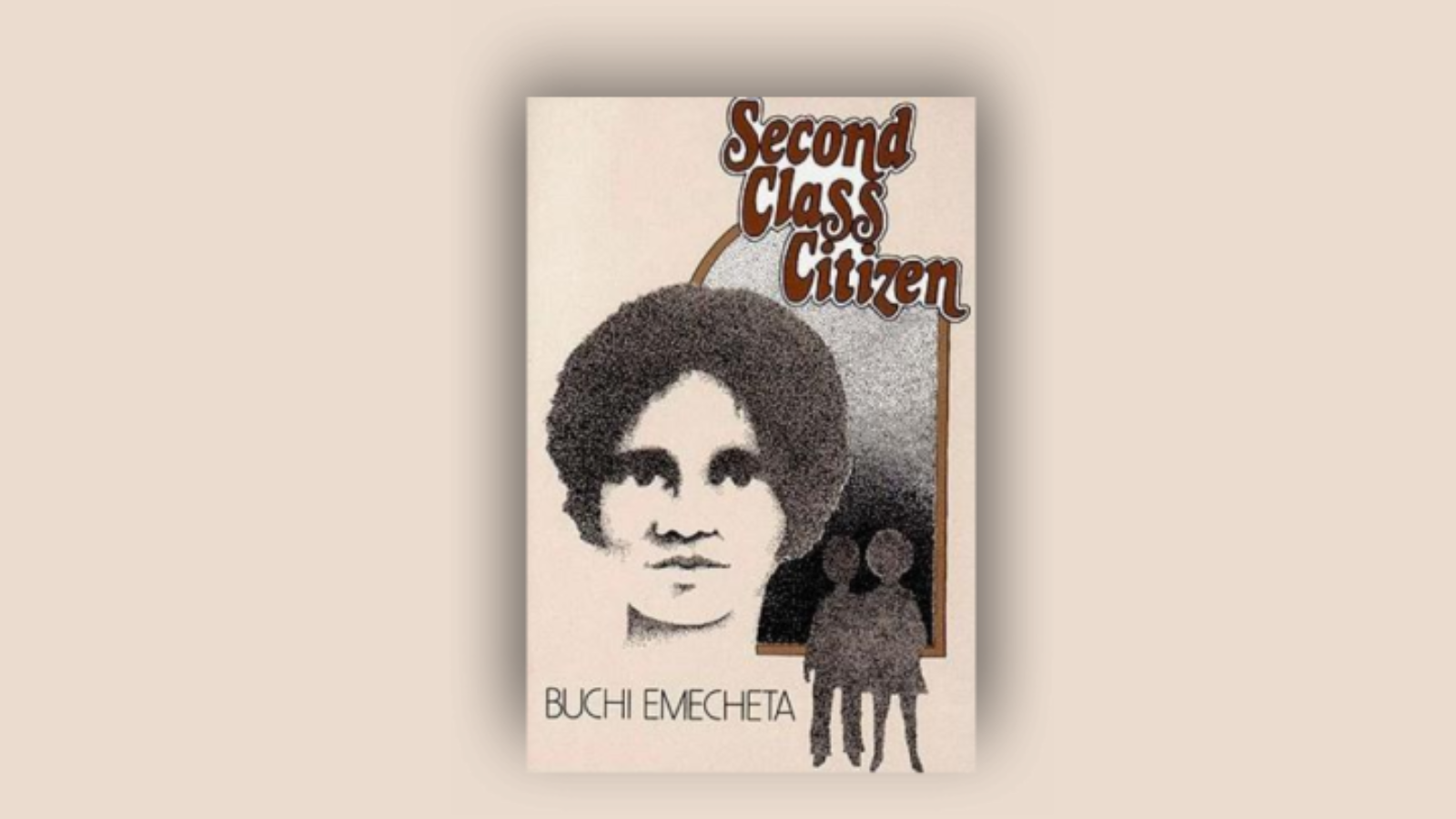“One of the most informative books about contemporary African life that I have read.” – ALICE WALKER
This African classic which does not only entertain but also enlighten us about the experiences of some African woman is a fascinating read which engages its readers throughout the flip of the book. Though written decades ago, the theme and messages relayed in this novel are experiences that are still very much contemporary to the African society.
Using the main character of the book, Adah, whose birth is anticipated to be that of a boy, the author finely portrays the chauvinistic nature of the African society. Though in the future of the setting of this novel, many African parents and aspiring parents still prioritize the male gender over the female gender. For most of them, a male child encapsulates the value of many female children. This belief about the two genders has led to the neglect and complacent treatment of the female gender by the chauvinistic ones among the African folks. This becomes conspicuous in how they are nurtured and brought up to see themselves as victims of their birth, even though few of them, as Adah, would challenge this identity of pity and subjugation which their societies have designed for them.
As deliberately demonstrated by Adah, the heroine of the novel, the female gender can excel beyond their male counterparts in that which they set their minds to do, and rid themselves of every self-pity attached to their existence. Adah consciously demonstrates this in how she gets herself educated against all odds, fends for her family and financially provides for the schooling of a nagging and overbearing husband. Clearly, there’s no societal restraints nor constraints strong enough to inhibit the accomplishments of a self-determined victim of her birth.
Despite the fact that Adah wears the trousers while her husband dons the skirt, her husband does not stop at trying to lord his maleness over her at every opportunity he gets. This must have resulted from an understanding of his communal interpretation to the male and female genders – the former being superior and the latter being inferior. Similarly, Adah’s in-laws do not stop being an albatross around her neck, not minding the fact that she does practically everything their son ought to do for them. This buttresses the opinion of some that the man and his family have an upper hand above the woman whom they perceive merely as an object of procreation who should always take orders from them. And even though perceived as an object of procreation, she becomes a thing of ridicule when she produces children of her like. And to add insult to the injury, the children become hers when they seem not to be meeting the expectations of the man.
Though some would opine that when you and your countrymen or men of the same race as you find yourselves in another man’s land or in similar situations, you jettison your differences and become one, at least for the time being; this becomes a contrary, however, in the case of migrants, who are tagged as second class citizens, in this novel. This becomes glaring in how Nigerians and other blacks treat themselves as piece of trash. This is a reality that’s still very much modern among the black folks. Even in black societies, dissention and strife are still orders of the day. Exemplifying this is the xenophobic attacks made by South Africans on Nigerians within the South African borders. But as the biblical dictum says, ‘a house divided against itself cannot stand’; blacks need to see themselves as one for the advancement of their race and cultures.
For the likes of Adah’s husband, Francis, a black woman is not just a second class citizen in a white man’s land, but also a second class citizen of the world, thereby doubling in her second class citizenship. Though not explicitly mentioned by him, but judging from his disposition to Adah’s subtle challenge of the status quo about her gender and colour, Francis believes that any black, especially black women, who try to see themselves and live their lives contrary to the writing of the society is only wasting their time. This is why he’s always admonishing Adah not to dream too highly of herself and what the world holds for her. This type of conviction of their existence has made many blacks surrender to fate about who they are and what they could be in the world.
This amazing novel, also, does not fail to capture man’s hypocrisy towards religion, and again, of course, this is demonstrated by Francis who despite his sanctimoniousness falls short of some basic tenets of his religion. Being a Christian who has been instructed by the holy book not to commit adultery, he founders at the threshold of adultery with their childminder, Trudy, without any sign of penitence. Also, being a Jehovah’s Witness, or perhaps, one who claims to be a Jehovah’s Witness, Francis hesitates not before he goes through blood transfusion for his wife. This seem to be the most we see him do in demonstrating his love for his wife before we later see him burn her first brainchild.
Second Class Citizen is a wonderful novel which I would recommend for every lover of African literature, especially those passionate about finding out what being a female might look like in the African context.
Written by Taiyewo Fawole. Get a copy of Second Class Citizen By Buchi Emecheta.


Add a Comment